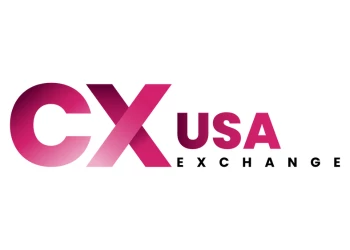PayPal Misses Vital Step to Creating Customer Loyalty: Building Trust
Add bookmarkRegulator CFPB had fined PayPal for illegally signing up consumers to online product PayPal Credit.
Providing an excellent customer experience to turn consumers into true brand loyalists requires putting time and effort to create a foundation build on trust and nurture this into a long-term relationship.
One of the key elements here is 'trust', something the financial industry has struggled with for decades and still seems to be a big roadblock for gaining that coveted loyal consumer base.
SEE ALSO: Building Brand Loyalty Through Rewards and Engagement
Creating trust isn't always entirely within the hands of a company, after all a lot comes from perception and personal preferences too. However, there are some very simply steps companies can take to ensure that they come across as trustworthy as possible. And one of them is not to lie to or deceive its customers.
Something, PayPal Inc. hasn't implemented across their entire business yet. The Consumer Financial Protection Bureau (CFPB) have found that the online payment company has illegally signed up consumers for its online credit product, PayPal Credit, formerly known as Bill Me Later.
Consumers can use PayPal Credit to pay for online and other purchases. It operates like other forms of credit; consumers make purchases using it as a form of payment and then repay the debt over time though they may incur interest, late fees, and other charges.
Since 2008, PayPal has offered PayPal Credit to consumers across the country making purchases from thousands of online merchants. The CFPB alleges that many consumers who were attempting to enroll in a regular PayPal account, or make an online purchase, were signed up for a credit product without realising it.
In addition the company also failed to post payments properly, lost payment checks, and mishandled billing disputes that consumers had with merchants or the company. Tens of thousands of consumers experienced these issues.
Richard Cordray, CFPB Director, said: "Online shopping has become a way of life for many Americans and it's important that they are treated fairly. The CFPB's action should send a signal that consumers are protected whether they are opening their wallets or clicking online to make a purchase."
Under the proposed CFPB order, PayPal would pay $15 million in consumer redress and a $10 million penalty, and it would be required to improve its disclosures and procedures.





















